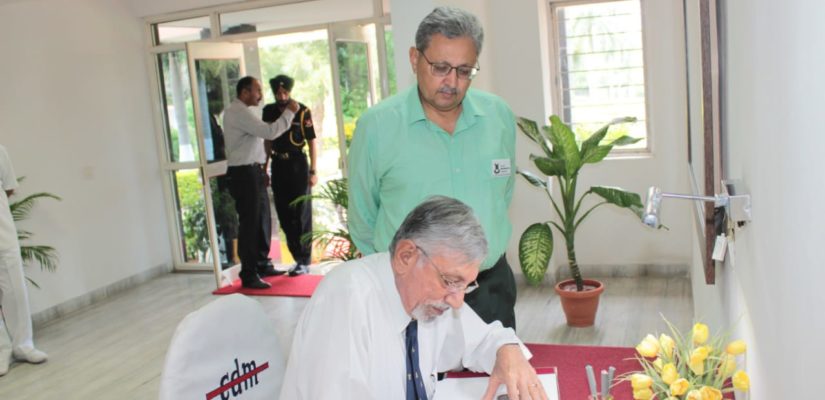
AFSPA once again the focus of debate (English Version) Rakshak News 10 Apr 19
http://www.rakshaknews.com/vishesh/afspa-once-again-created-the-center-of-debate
AFSPA once again the focus of debate (English Version) Rakshak News 10 Apr 19
In its manifesto under Jammu and Kashmir, the Congress stated that the ‘Armed Forces Special Powers Act (AFSPA) and Disturbed area act will be reviewed. Suitable changes will be made in the text of the laws to balance the requirements of security and the protection of Human Rights (HR).’ This statement brought AFSPA back into the scanner.
AFSPA as an act was first passed by parliament in 1958 to tackle growing insurgency in the North East. It provides operational flexibility and protection to army personnel operating in hostile environment against terrorists and other inimical forces. The act has already undergone multiple changes. It remains an enabler at present.
The supreme court in Apr 2017 in a case against AFSPA had ruled that the police must investigate all cases of death, whether the victim is a militant, terrorist or insurgent, even in areas where AFSPA is in force. It stated that this is a requirement of democracy, preservation of the rule of law and individual liberties. Hence, it does not provide immunity for the army. It is easy to criticize AFSPA, however, for troops operating in a hostile environment, especially when they are targets of forces inimical to the nation, they need to be protected to enable them to function.
The army has recently established a specific HR cell, designed to function directly under the army chief. It would also have a DIG rank IPS officer who would coordinate investigation on HR cases with other agencies. Every HQ in the valley has an establishment, specifically dedicated to HR. Thus, the army takes HR cases very seriously.
The Congress manifesto stated this not under the ‘head of Internal Security’, where it should logically have been mentioned but under ‘J and K’, hence implied it specific to the valley. In the valley militancy is supported by Pak and most militants are being infiltrated, the continuation of AFSPA is essential. While political parties may prefer its dilution and removal, the fact is that it would place the army in a difficult situation.
The reason why it must remain is simple. No army is trained or equipped to target its own people. It is primarily for defending the nation from enemies and fighting wars. However, when there is external interference and the situation is beyond the ability of all types of police forces, is the army inducted to enforce the government’s writ.
Once inducted, the army employs and deploys as per its own perceptions. While police forces have powers to search and arrest, the army in many cases operates on its own, without such powers. Hence, granting them powers is essential. It is the government which inducts it and gives it its task, its de-induction is also a government decision.
The army has its role cut out in such environments. Its task is to create an atmosphere for the government to establish its own writ. Once this has been done, it is the government which orders its withdrawal. Thus, employment and deployment are political decisions. If taken erroneously, they could be detrimental.
The army is the nation’s ultimate instrument of power. It is inducted only when all other forces available to the government have failed. Thus, it cannot be allowed to fail. Further, it is only the Indian army which fights militancy with one hand tied behind its back. No other army resorts to handling militancy with kid gloves. It has never used helicopter gunships, heavy weapons or air power. Therefore, it suffers far greater casualties in such operations.
Amending or reducing the protection to forces operating in such environment would impose extra caution solely to avoid legal battles, thereby supporting inimical forces. It would be detrimental to national security. Major national parties like the Congress should consider this factor before placing such comments in their manifesto. Continuing employment of the army, with a diluted AFSPA is as meaningless as employing only police forces in such environments. It should either continue as existing or the forces withdrawn and the situation handed over to other agencies to control.